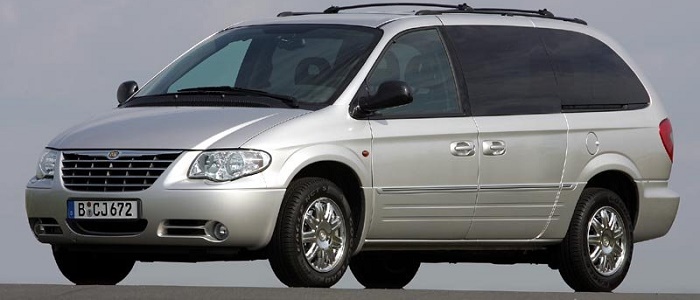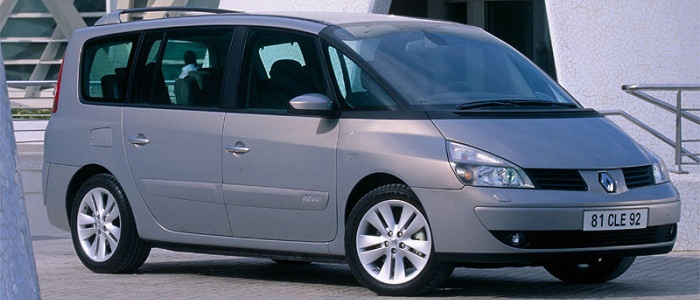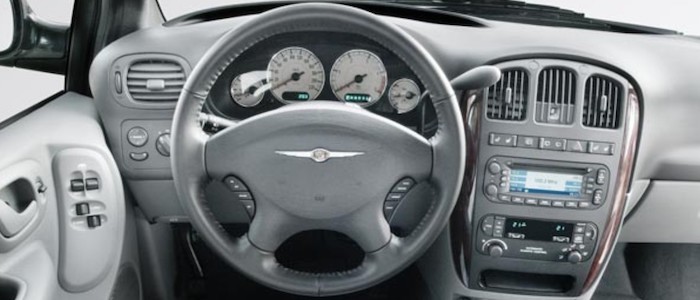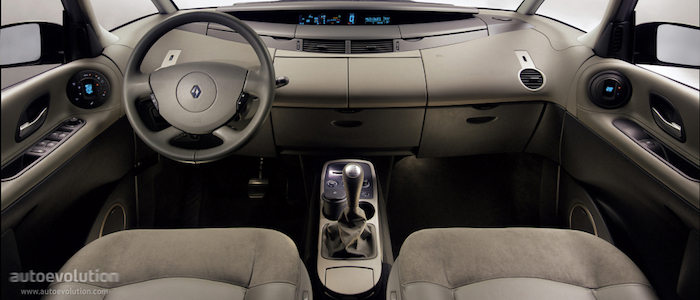Compare two cars
Compare any two cars and get our Virtual Adviser™ opinion
Marketing
Dimensons & Outlines
Engine
Performance (manual gearbox)
Performance (automatic gearbox)
Expenses
Virtual Adviser's™ opinion
Well, these are two pretty similar cars we have here! It's only details that could potentially make the difference. Considering they both belong to the mpv segment and utilize the same 5-door MPV body style and the front wheel drive system, it all comes up to the specific diesel engine choice they offer. The first one has a VM Motori-engineered powertrain under the hood, a 4-cylinder, 16-valves 149hp unit, while the other one gets its power and torque from a 6-cylinder, 24-valves 177hp engine designed by Isuzu.
SafetyA starting point here would be to take a look at the results from European New Car Assessment Programme (Euro NCAP) tests which were performed on both of the cars, with the Renault showing an incomparably higher level of safety offered. Still, apart from the official crash test results there are other things we need to be aware of. Both vehicles belong to the mpv segment, which is generally a good thing safety-wise, still it doesn't help us solve our dilemma, does it? Furthermore, taking kerb weight as an important factor into account, the American car offers a marginal difference of 4% more metal.
ReliabilityI don't like generalizing things when it comes to reliability, although it does seem that Renault is significantly less fault-prone, at least on all of the models level. These are the official statistics, while our visitors describe reliability of Chrysler with an average rating of 4.4, and models under the Renault badge with 4.1 out of 5. Independent research findings rank Grand Voyager as average reliability-wise, and Grand Espace is more or less at the same level.Above it all, drivers of cars with the same engine as the American car rank it on average as 3.5, while the one under the competitor's bonnet gets 4.8 out of 5.
Performance & Fuel economyRenault is undoubtly more agile, reaching 100km/h in 1.1 seconds less than its competitor. In addition to that it accelerates all the way to 205 kilometers per hour, 25km/h more than the other car. When it comes to fuel economy an obvious choice would be the American car, averaging around 0 liters of fuel per 100 kilometers (INF mpg), in combined cycle. That's INF% difference compared to the French car!
Verdict
Renault is apparently more reliable, not too much, but just enough. The most important thing when deciding between any two vehicles should always be safety, both passive and active. In my opinion, everything taken into account, the French car beats the other contender by far, making it the best choice without even considering other things. It all continues in the same direction, with Renault being considerably quicker, thus putting more smile on driver's face. It does come at a cost though, and that's the fuel consumption... I believe that, when we take all into account, we have only one winner here - the Renault. Anyway, that's the most objective conclusion I could've came up with and it's based solely on the information found on this website. Aspects such as design, practicality, brand value and driving experience are there for you to measure them out. I suggest you spend two more minutes in order to find out which car, based on your needs and budget, would be picked by the virtual adviser™, among more than 12.000 different ones in our database.



































